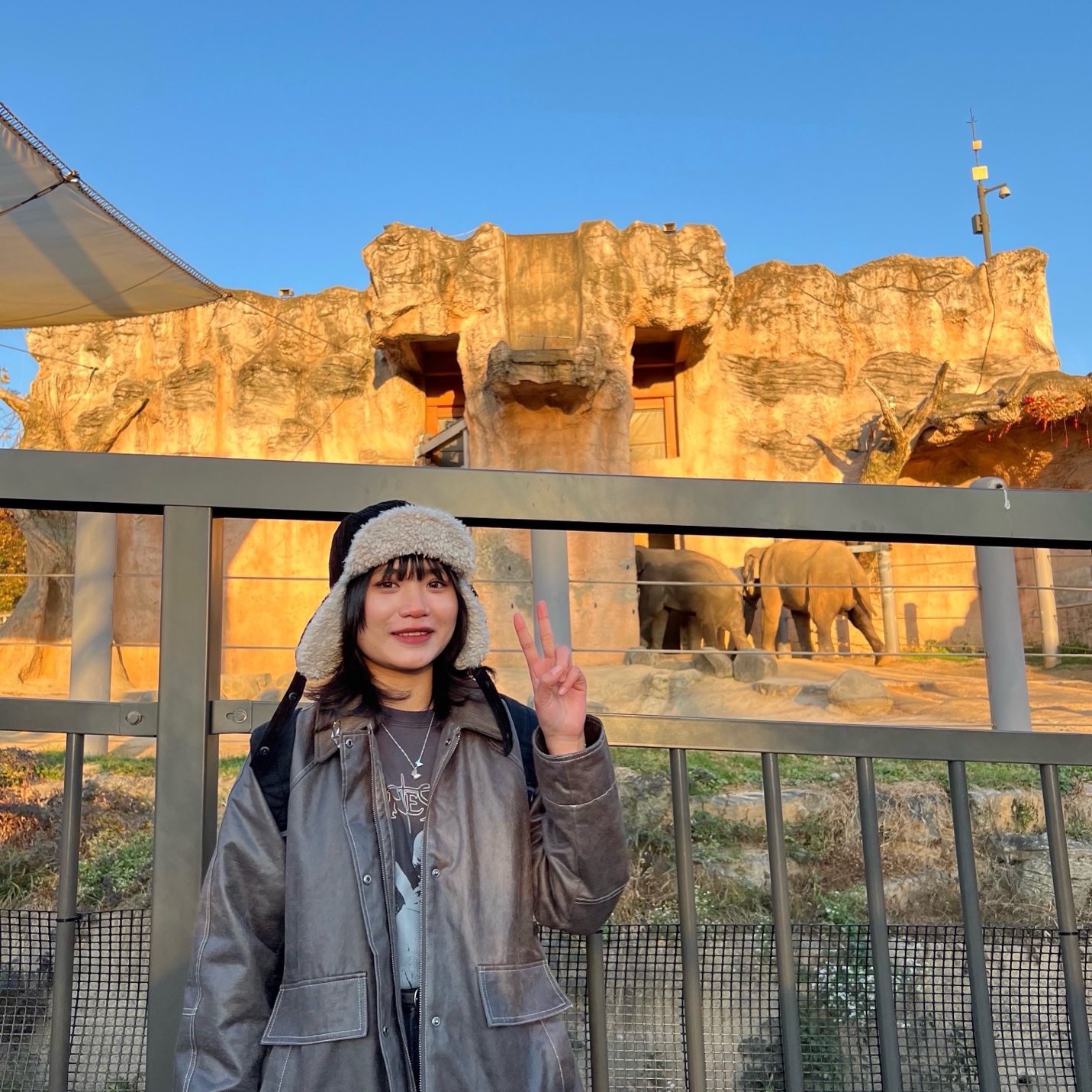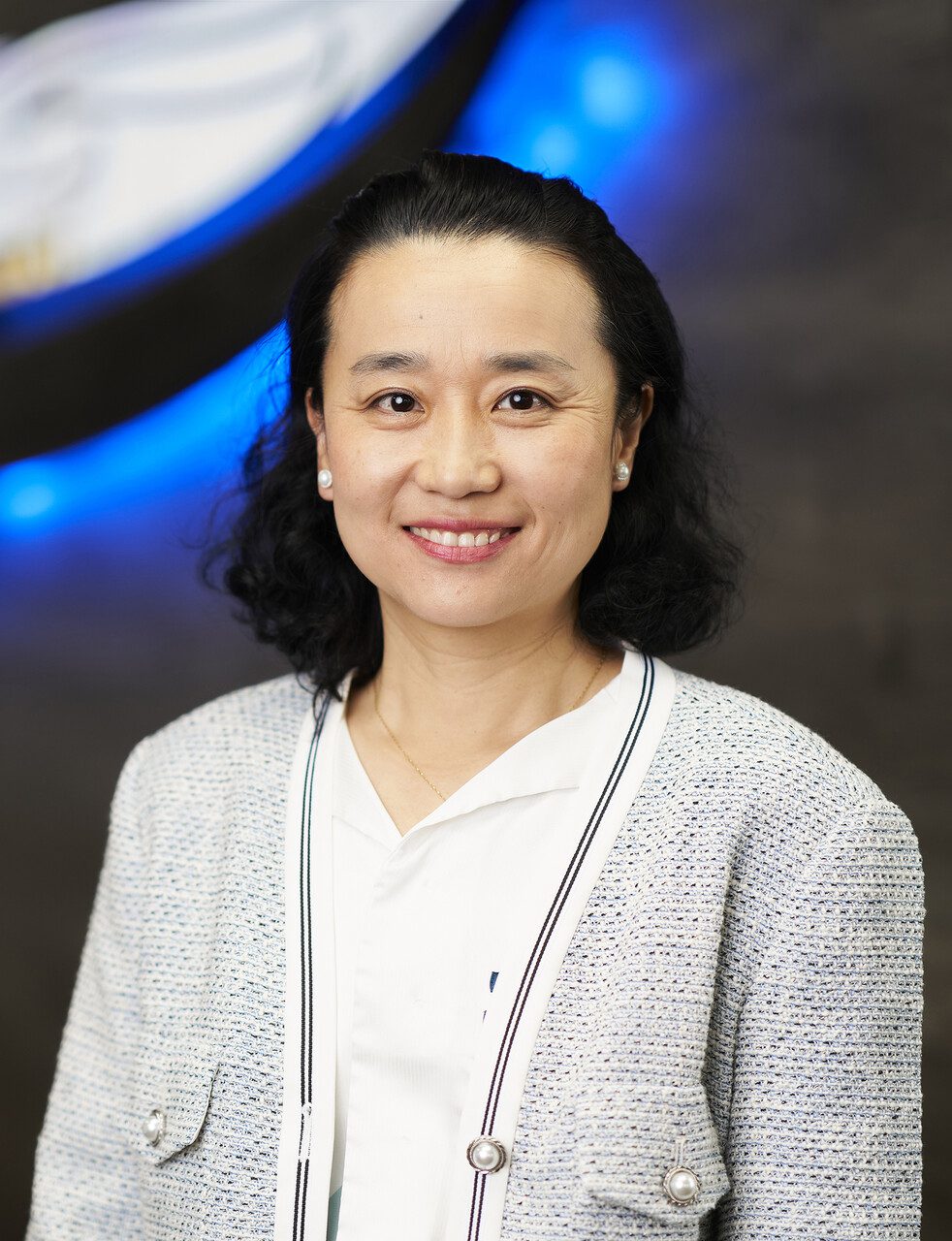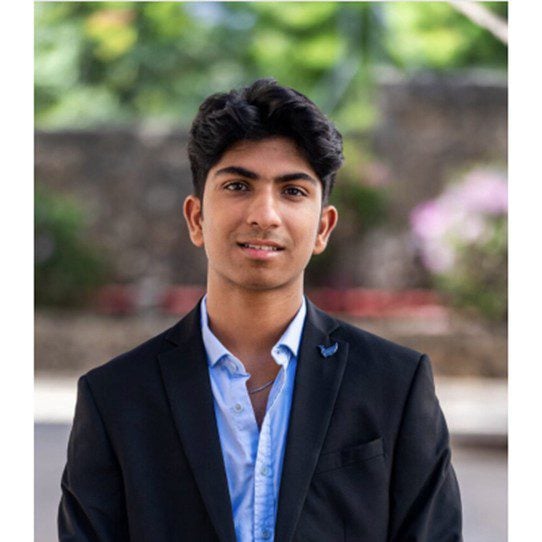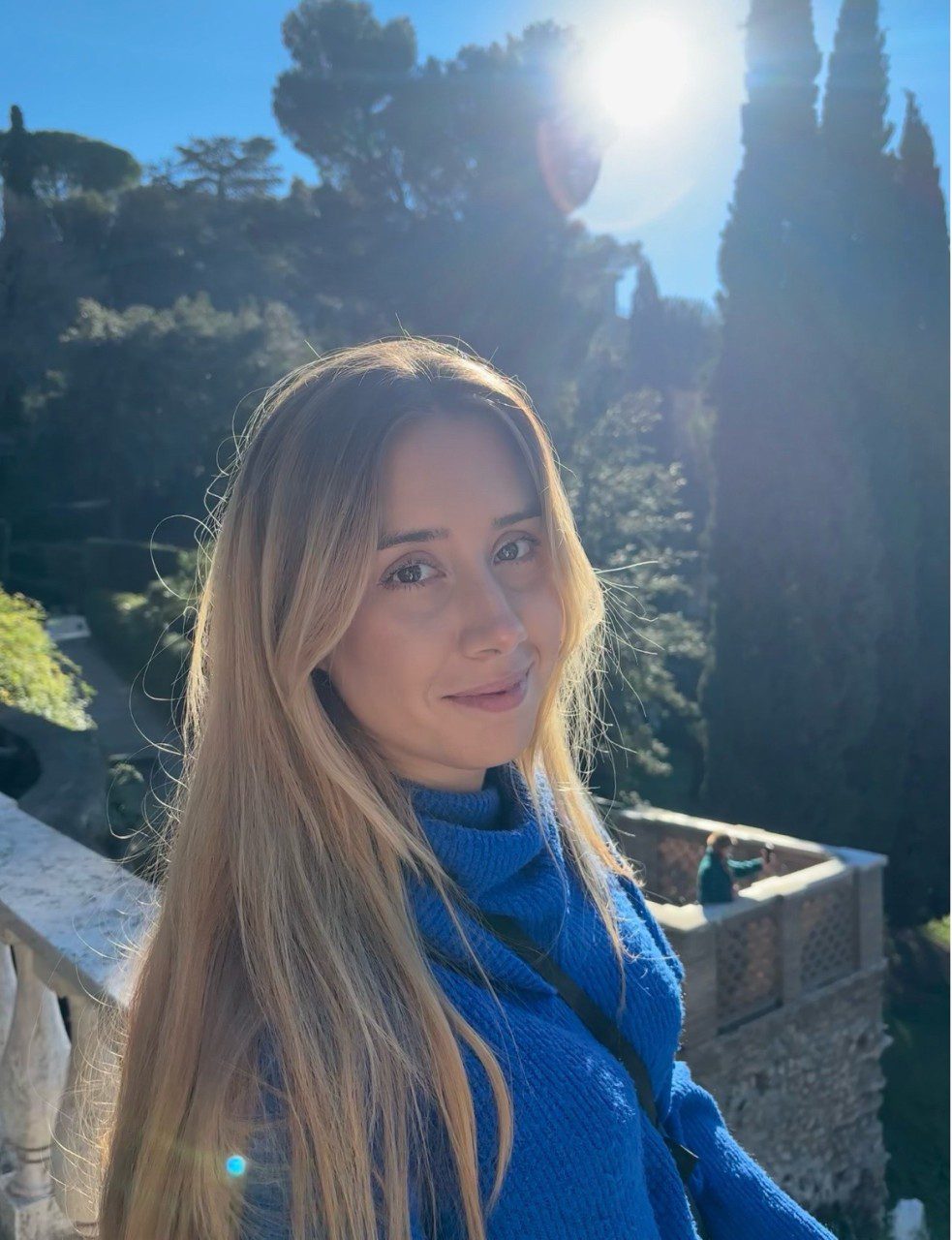Malapin Vanny’s Global Korea Scholarship (GKS) Journey: From Cambodia to Social Welfare Studies in South Korea
University: Dongguk University, Seoul
Fields of Study: Bachelor’s in Social Welfare & AI, Criminal Policing
Scholarship: Global Korea Scholarship (GKS) – Fully Funded
Notable Achievement: Speaker at the 17th Jeju Forum; Grant Proposal Researcher at UNITAR CIFAL Jeju; Korea Times Global Supporter; KOREAZ Supporter; Global Ambassador for Korean Tourism, Interpreter for Al Jazeera English; Co-publisher of ‘A Comprehensive Safeguarding Policy for Taekkyeon’ for UNESCO ICM; Dean’s List honoree at Dongguk University.
Social Media:
- Instagram: @lilywintrluv
- Linkedin: https://www.linkedin.com/in/malapin

The Journey
My name is Malapin Vanny, and I am currently pursuing a five-year undergraduate program at Dongguk University under the Global Korea Scholarship program (GKS).
You can casually call me Lapin. I was born and raised in Cambodia. However, I come from a rich multicultural heritage with roots in Cambodian, Vietnamese, and Chinese ancestry. Being shaped by such multicultural richness, I’ve naturally developed a strong sense of inclusiveness and a desire to advocate for others. This passion led me to pursue studies in social welfare. I firmly believe that delving into social welfare equips me with invaluable skills to pinpoint societal challenges and devise effective strategies to address them. I have always dreamed of being part of a solution to come forward and create an equitable society, one that is inclusive and addresses the stigmatization I witnessed firsthand toward people with disabilities. Even though I am labeled by social norms as Gen Z, I grew up in a post-war country and saw the Republic of Korea assist in the recovery and rebuilding of my country for over 20 years. That encounter influenced my decision to seek higher education in South Korea.
Global Korea Scholarship Details
I was granted the Global Korea Scholarship (GKS), a fully funded program by the National Institute for International Education (NIIED) under the Korean Government. The scholarship application process is completely FREE of charge. In my humble opinion, GKS is undeniably one of the coolest scholarships out there. It covers full tuition, a settlement allowance, a monthly living allowance, health insurance, and round-trip airfare. Moreover, GKS provides an additional monthly scholarship of 100,000 KRW for students with TOPIK level 5 or above. And the benefits don’t stop there! On top of all these, you can also receive additional scholarships from your university, such as the academic excellence scholarship. The amount may vary depending on the institution. In my case, I have been on the Dean’s List every semester since starting my degree, receiving an additional 300,000 KRW per semester as a reward.
Educational Background
I completed my high school diploma with a GPA of 3.7/4.0, equivalent to a 93/100 percentile score. I was exposed to a competitive environment from a very young age. Due to my family’s limited resources, it was challenging for them to support my education. As a result, I had to work extra hard to achieve high performance in every class. I made sure I never missed the chance to be on the honor list, as failing to do so would have meant losing my scholarship and, consequently, my school tuition support. This upbringing, in turn, prepared me for future challenges.
Moreover, I was quite active in school for partaking in addressing social issues through local volunteer programs and campaigns. Being able to balance academics and extracurricular activities not only helped me refine my time management skills but also strengthened my work ethic and taught me how to prioritize effectively. Indeed, the value of social welfare studies lies in the willingness to drive positive change for an inclusive society, and my past experiences have proven that I possess the qualities needed for my chosen field.
How Did You Prepare to Apply to Korean Institutions? How About Standardized Tests?
GKS is an annual scholarship program that is consistently announced in September for undergraduate (Associate/Bachelor) degrees and in February for graduate (Master/Ph.D./Research) degrees. The details, guidelines, and application forms can all be found on the Study in Korea website and the website of the Korean Embassy in your country.
The GKS scholarship does not require applicants to submit standardized test scores; however, having them can strengthen your application, as the program is highly competitive. Although not mandatory, bonus points are awarded for applicants with valid TOPIK or English standardized test scores. Alternatively, if you do not have standardized test results, you may submit language course certificate(s) as substitutes.
How Did You Prepare to Apply to Global Korea Scholarships?
I came to know about GKS when I was in middle school. However, I didn’t apply for GKS immediately after high school. I took a gap year, and it was not impulsive but a decision ready-made. It turned out to be a worthwhile experience, and if I were asked whether I would do it all again, I absolutely would!
During my gap year, I focused on personal and professional growth. I participated in numerous volunteer activities, workshops, competitions, and project pitching events. To name a few, I was awarded a 100% scholarship for a project I worked on with WaterAid Cambodia where I gained deeper insights into disability.
I had planned ahead to prepare for GKS, so I was actively making efforts to gain relevant experiences aligned with my chosen major. One of the projects I worked on was a mobile application prototype called Lookation. Just as obvious as the name suggests, it’s a navigation app designed for people with visual impairments. I wanted to ensure that I had meaningful, relevant experience to support my statements and demonstrate my passion for my chosen field of study.
How is Your Experience at Dongguk University?
Korea is undoubtedly one of the most advanced countries in technology and education. It is also very safe and secure. My experiences here have been truly worthwhile, and I have lived every minute of it to the fullest.
Over the past three years, I have participated in many extracurricular programs, which in Korea are commonly called “supporter programs.” These programs are run by the Korean government in various fields such as tourism, culture, sports, foreign affairs, and agriculture. Through these programs, I have traveled all over Korea for free to experience and promote the country to the world through media. To name a few of my roles, I have worked in multimedia and as a voice actress for dubbing. I have also served as an interpreter, media crew assistant, and subtitle proofreader for an Al Jazeera English documentary titled “Exploited in South Korea: Migrant Workers Fight for Their Rights,” which has received over 140,000 views on YouTube.
Looking back, it’s amazing how much Korea has evolved. Just a decade ago, it wasn’t always the first choice for international students. But today, it stands out for its excellent services and support systems for foreigners like me. Personally, I see Korea as a land full of opportunities, a place where you can not only study but also discover yourself, meet inspiring people, and create stories that will stay with you forever.
How Does Dongguk University Support International Students?
From my own experience, I can say that language has been a barrier to learning here at times. Although I’ve made the effort to study Korean and take the TOPIK exam, it hasn’t always been easy. That said, I’ve always felt supported by professors and staff who are understanding and open-minded toward international students. The growing availability of English-centric programs truly reflects how Korea is opening its doors to the world.
Are Your Classes Conducted in English or in Korean?
Korean education is becoming increasingly globalized, and that’s one of the things I truly appreciate about studying here. These days, many universities offer a wide range of English-taught courses, especially in fields like business, engineering, media communication, and international studies. This makes it more accessible for students from all over the world, including those who speak little to no Korean. In fact, I’ve met many classmates who arrived in Korea without knowing a single word of Korean, yet they’re doing incredibly well academically using only English.
Would Potential Students Have Any Problems Academically Not Knowing Korean?
To address one of the most frequently asked questions, you don’t need to worry about not being fluent in Korean. The GKS program includes a one-year Korean language course before you begin your degree. This course is designed to equip you with enough language skills to use Korean proficiently in everyday and even academic or professional settings. When I first arrived, I didn’t speak proficient Korean at all, but thanks to the language course, I was able to gradually build my skills and eventually use Korean confidently in many professional situations.
What Do You Think Made Your Application Stand Out?
Despite being someone of few words, I believe I’ve expressed myself best through my actions. When it comes to competitive programs like GKS, especially under strict scholarship evaluation criteria, it’s not enough to simply ‘write’ about your achievements. You have to ‘show’ your passion and dedication through what you’ve actually done. Just as the saying goes, “actions speak louder than words.” I also believe my active involvement in various projects made me stand out as a distinct applicant. Another important point is to personalize your story. Don’t be afraid to get personal because if you’re writing honestly and sincerely about your own journey, you’re already highlighting what makes you unique. In marketing terms, that’s your unique selling point, it’s what makes you memorable compared to others, haha.
Lastly, I would really encourage you to ‘talk with numbers.’ Use specific data when referring to achievements, initiatives, or statistics because it adds credibility and depth. I also made sure to mention relevant projects, campaigns, or research that Korea has recently worked on, especially those that have connections to my own country. For example, instead of saying “many,” try to be precise. And instead of saying “I am smart,” show it with your transcripts and contributions. Here’s an example statement from my application: “In 2012, Korea adopted the Incheon Strategy in order to meet sectoral needs prioritizing disability inclusion. The Incheon Strategy has strengthened social protection for over 650 million people with disabilities residing in Asia and the Pacific, including Cambodia.” This not only showed that I had done research about my field of study, but also that I had a strong understanding of Korea’s role in global efforts related to social welfare.
What Would You Have Done Differently if You Were Going Through the Process Again?
There wasn’t particularly much to prepare for the GKS application. However, I clearly remember rushing to get the translations done. If I could do it differently, I would definitely prepare the translated documents much earlier. They are required to be both translated and consular-authenticated by the Korean Embassy in your home country, and that process can take quite a while.
What Advice Would You Give Those Looking to Apply for a Similar Scholarship?
I believe no one is ever completely excited when applying for a scholarship. Everyone feels anxious, uncertain, and even scared. But life waits for no one. Opportunities don’t just appear, and we have to create them. I’ve always reminded myself: “Do it scared. Do it lazy. Do it unmotivated.” Because taking small steps, even imperfect ones, is far better than not moving at all. It’s completely natural to feel afraid. It only means you’re doing something meaningful and important for you and your future. Remember, no one starts out perfect. You don’t need to have everything figured out to begin. What matters most is progress, not perfection. Every application you submit, every essay you write, and every interview you attend is a step forward. You don’t have to be the “best” to be worthy, you just have to believe in your story and trust that it matters. Your experiences, your hardships, and your voice are all valid, and that’s what makes your application truly powerful.
And if things don’t go your way the first time, that’s okay too. Rejection is just redirection. You never know how the path you’re on now might lead to something even better later on. Keep applying, keep showing up. If you’ve made it this far reading, I just want to say that I’m rooting for you. You’ve got this. Whether you’re scared, tired, or unsure, take that first step anyway. Your future self will thank you for it.
Want to submit your
scholarship journey?
Submit Your Story Here!
More Scholarship Recipients

I obtained my bachelor’s degree from a leading university in mainland China. After graduating, I worked at Huawei Technolo .... Read more

My name is Arsh Dharani, and I am an international student originally from the Democratic Republic of the Congo (DRC). I am .... Read more

Hi! My name is Arawa. I’m a Marie Skłodowska-Curie PhD researcher working on AI-based neuroimaging biomarkers for Parkins .... Read more

Leave A Comment